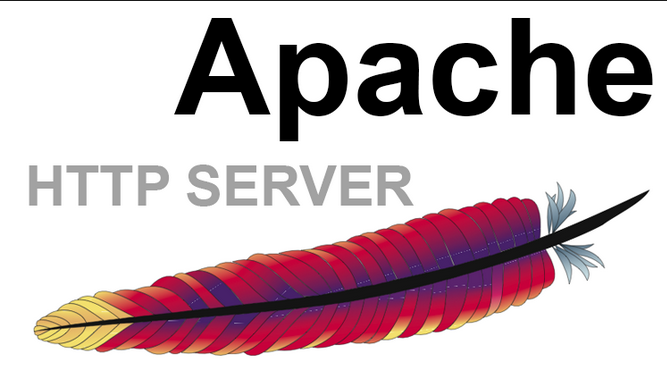
Apache Web Server
Apache Web Server: Apache web server is the most popular technology of its type in the world with an estimated 60 percent of web servers on the Internet running the software (62 percent with server derived from Apache included).
While it was originally developed for the Unix platform back in 1990s, it has long since been ported to other operating system but still is very much associated with and commonly run on Unix and Linux.
The Apache software supports a large number of features because of its open source nature, longevity, size of install base, and the fact that it is easy to develop for:
- Out of the box, Apache supports new additional features added into the core product through the integration of compiled modules. When these modules are added to the product, they extend the core functionality of the product in new ways. These modules include the following:
- Authentication
- SSL support
- TLS support
- Proxy support
- URL rewriter
- HTTP request filtering
- Python and Perl support
- PHP
- Compression support
- Intrusion detection Enhanced logging.
This is a short list of supported modules; many more are available or can be developed if needed.
- Virtual websites or hosting, which allows multiple websites to be hosted on one server. This is a common feature among web servers.
- Friendly error message support.
- Integration with external authentication systems.
- Digital certificate support.
Furthermore, the Apache software is free and supports the large majority of web technologies either natively the addition of modules.
NOTE: When you do your surveillance of a target and look for clues as to what is present “behind the curtain,” one way to tell is to look at running process.
In the case of Apache, one process that gives away the presence of th4 server is the Hypertext Transfer Protocol Daemon (httpd).
This process is typically run y the root user on Linux and is used to intercept requests coming over HTTP and return a response to the requestor.

![Five Programming Languages For Software Development [2020]](https://www.techietalks.online/wp-content/uploads/2019/09/Five-Programming-Languages-For-Software-Development-2020.png)


One Comment